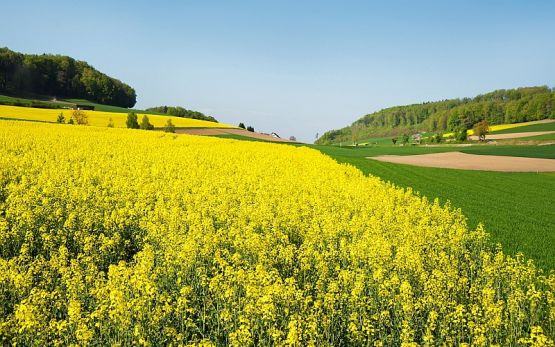Life cycle assessments are used repeatedly to evaluate agricultural policy measures. Thus, we have tested whether indicator-based direct payments (IDP) in the agri-environmental sector constitute an alternative to the existing direct payments, and whether such a system could help bridge the gaps in the agri-environmental sector. Three alternative IDP systems were developed which differ in terms of the number and complexity of their indicators. The advantage of the simplest alternative lies in its comprehensibility and in the low administrative and data-collection effort it requires, whilst the detailed alternative allows farm managers greater flexibility in the choice of measures and describes the processes underlying the environmental impacts more precisely. With an indicator-based direct payment system, moderate reductions in nutrient surpluses, greenhouse gas and ammonia emissions and risks from plant protection product use could be achieved, and the biodiversity priority areas would increase.
In another project, we study the effects of the Grassland-based Milk and Meat (GMF) Programme. This programme is scheduled for further development, and various possible subsidy options are therefore being investigated in scenarios. For these scenarios, we calculate the effect on animal and human competition for food or arable land, as well as the impact on the biodiversity of Switzerland’s utilised agricultural land.
Various studies have revealed that import products have a major influence on environmental impacts in the Swiss agri-food sector. This is important when agricultural or environmental policy measures influence the productivity of the Swiss agricultural sector and import and export volumes then change while consumption remains the same. We studied two levers which could reduce possible undesirable effects in this sphere: the potential of avoided food loss, and the choice of other countries of origin for imports. The results showed that the first lever in particular could significantly lower the environmental impacts of the agri-food sector.






